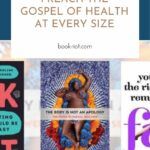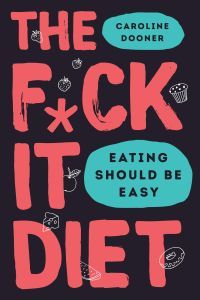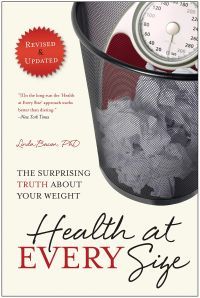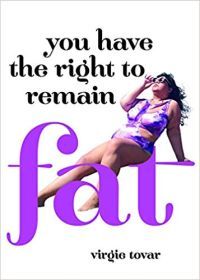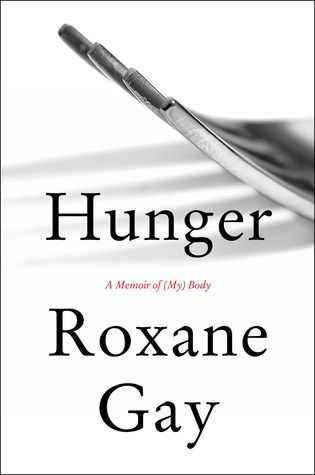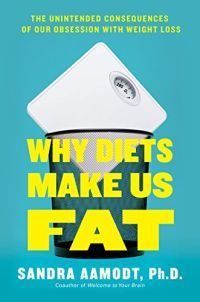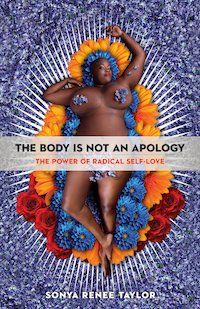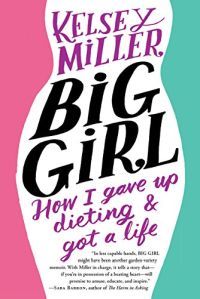But when the ENT walked in, he was dismissive of my doctor’s concerns. He offered to refer me to an endocrinologist. Then he honed in on what he assumed was the real problem: my weight. Without asking me about my history, without asking how the pandemic had affected my routine, without asking me whether I was taking any steps to get back to a sense of normalcy, he told me I had to lose weight. “Would you like me to refer you to a nutritionist?” he asked. “I already know what I have to do,” I said, trying to keep my tone light. He kept pushing and I sat there, staring at my hands in my lap. When I left, all I could think about were the appointments I already had scheduled with other specialists. Would I have to endure more of the same? I grew up with a mother who was always dieting and a father who was always making fat jokes. Neither of them meant to nurture within me a lifelong complex around my weight — and they certainly weren’t the only source of unhealthy messaging steeped in body shame — but here I am at the age of 41 and my relationship with my body is still complicated, so much so that my own damn newsletter is called Thunder Thighs, a phrase my mother often threw around. I’ve never been one to deprive myself. Sure, I tried Weight Watchers once (I went with my mom). I once tested The Flex Diet for a story in the New York Post (the author insisted it wasn’t a diet but, rather, a “lifestyle change” that would miraculously lead to weight loss). And I had a good run at one point with a book whose title has since been lost to the sands of time (though I do remember the author insisting that hunger wouldn’t kill me and that I should just ignore my body’s cues until they subsided). But…I really like food. Particularly food that is oftentimes labeled as “bad.” At the same time, the body positivity movement has always felt a bit much for me. Loving my body has always felt like a bridge too far. What I really long for is body neutrality. At one point, I wrote elsewhere, “How would it feel to not expend so much energy hating my body — or even to not expend energy just trying to love it? How would it feel to just exist?” I’m still looking for the answer. In the past year, I came across the Health at Every Size ethos, a concept that honors our physical differences and acknowledges that we can be healthy no matter what size we wear. It’s a message that resonates with me, even as I struggle to separate out my feelings around the size of my body and my feelings around my actual health. Here are some of the books that are helping me find my way. Right now, I’m eating these fantastic empanadas I made with beef, hard-boiled eggs, and green olives. I am loving the heck out of them even though I am simultaneously side-eyeing what I refer to as my kangaroo pouch. And this is okay. This is all okay. I’m working on it. So, unlike The Flex Diet, which was a diet masquerading as a lifestyle change, The F*ck It Diet is a take-down of the diet industry, inspired by the Health at Every Size movement. The book opens with a science lesson on why diets don’t work, moves into a history lesson on where diet culture comes from, and then shows a better way: a way in which we let go of what bodies are “supposed to” look like and just…live our lives? Enjoy food? Don’t feel guilty about the fact that we ate Nutella with a spoon this morning? I love this book and I bought myself a copy for keepsies and I’ll probably read it again when I find myself falling in thrall once again to the messages of fat-shaming doctors and lifestyle plans and jumpsuits that are clearly made for tall, willowy women. If you want to read more about what it means to make healthy decisions for your body, you may enjoy Sarah’s post on 20 Healthy Eating Books to Inspire Your Resolutions. And I am all about Alison’s post of 8 Fat Positive Books to Help with Self-Loving Resolutions. (Meanwhile, I am anti-resolution, but am a huge fan of constant reassessment and positive goal-setting.)
